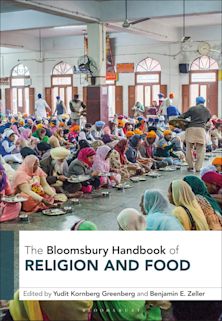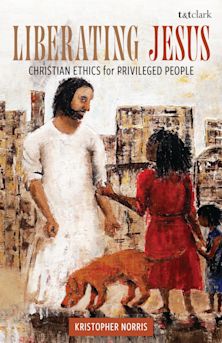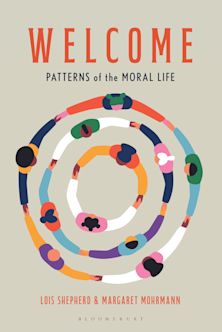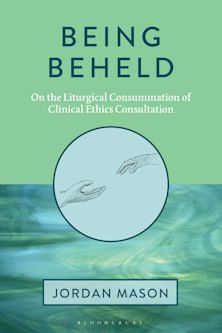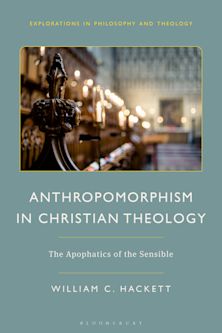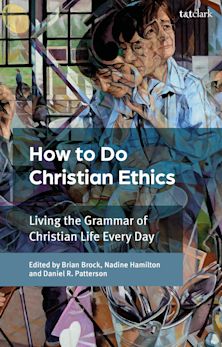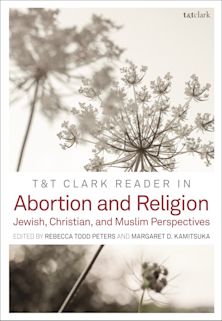- Home
- ACADEMIC
- Religious Studies
- Religious Ethics
- The Production of Consumers and the Formation of Desire
The Production of Consumers and the Formation of Desire
A Neo-Thomist Perspective
The Production of Consumers and the Formation of Desire
A Neo-Thomist Perspective
This product is usually dispatched within 2-4 weeks
- Delivery and returns info
-
Flat rate of $10.00 for shipping anywhere in Australia
You must sign in to add this item to your wishlist. Please sign in or create an account
Description
We live in a society surrounded by stuff and bombarded with advertisements that try to convince us that shopping will improve our lives. Sometimes our lives do improve, yet our purchases are more often motivated by an impulse to satisfy immediate desires rather than reflective deliberation about how our purchasing choices enable us to live the lives we want. Christian moral reflection often criticizes this conundrum as “mindless consumerism,” arguing that it pulls Christians away from loving God above all things. While such critiques often encourage Christians to focus their desire on God rather than material goods, we might still wonder how we can exercise such control over our desires. By attending to desire itself - how it arises, how it is shaped by social context, and its role in cultivating a virtuous life - we can learn how to desire and then act in ways that are more consonant with our conception of what it means to live well. Within the Christian tradition, Thomas Aquinas offers a compelling model of human desire that, when juxtaposed with Pierre Bourdieu’s theory of social practices, can help us make more considered judgments about how to navigate the consumer society in which we live.
Table of Contents
2. Human Desire in a Consumerist Culture
3. Practice, Advertising, and the American Dream
4. Cultivating Virtue within American Capitalism
5. Consumer Practice as a Possible School for Virtue
Product details
| Published | 29 Dec 2022 |
|---|---|
| Format | Hardback |
| Edition | 1st |
| Extent | 142 |
| ISBN | 9781978707054 |
| Imprint | Fortress Academic |
| Dimensions | 237 x 158 mm |
| Publisher | Bloomsbury Publishing |
About the contributors
Reviews
-
For those rightly concerned with the ways consumerism deforms desire, Christine Darr gives us something worth consuming – a wonderful treatment of the habits of consumption and how they interact with habits of character. However, much more than and certainly far more helpful than a simple diatribe, Darr’s excavation of how desire is formed and shaped in pursuit of the American Dream – in conversation with the likes of Aquinas, Bourdieu and MacIntyre – gives the reader important tools for becoming a more reflective, and one hopes, freer and more responsible consumer. In this regard, the treatments of the virtue temperance and the practice of cooking are gems.
Daniel M. Bell, Jr., Utah Valley University

ONLINE RESOURCES
Bloomsbury Collections
This book is available on Bloomsbury Collections where your library has access.












